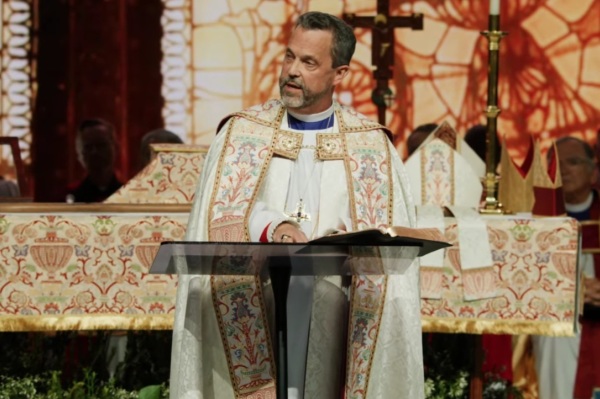Judge Strikes Down Don't Ask, Don't Tell
The "don't ask, don't tell" policy infringes the fundamental rights of United States servicemembers and is unconstitutional, a federal judge ruled Thursday.
U.S. District Judge Virginia Phillips concluded that the Clinton-era policy that bars gays from serving openly in the military violates the First and Fifth Amendments. She said she will issue an order barring enforcement of the policy.
Disappointed by the ruling, Family Research Council President Tony Perkins commented, "Once again, homosexual activists have found a judicial activist who will aid in the advancement of their agenda. This is a decision for Congress that should be based upon the input of the men and women who serve and those who lead them."
In the 86-page opinion, Phillips rejected traditional arguments that the policy will create a military readiness and unit cohesion problem.
"Taken as a whole, the evidence introduced at trial shows that the effect of the Act has been, not to advance the Government's interests of military readiness and unit cohesion, much less to do so significantly, but to harm that interest," she wrote.
"The testimony demonstrated that since its enactment in 1993, the Act has harmed efforts of the all-volunteer military to recruit," she wrote. "At the same time that the Act has caused the discharge of over 13,000 members of the military, including hundreds in critical occupations, the shortage of troops has caused the military to permit enlistment of those who earlier would have been denied entry because of their criminal records, their lack of education, or their lack of physical fitness."
The don't ask, don't tell policy, Phillips concluded, is not necessary to advance the U.S. government's interests.
Perkins, a Marine veteran, rejected the conclusion.
"It is hard to believe that a District Court level judge in California knows more about what impacts military readiness than the service chiefs who are all on the record saying the law on homosexuality in the military should not be changed," he said in a statement.
The lawsuit was brought by Log Cabin Republicans, a national gay and lesbian Republican grassroots organization, in October 2004. The group contended that the policy violates the constitutional rights of its members and sought a permanent injunction. The case went to trial in July 2010.
The ruling comes months after the House voted in May to repeal the policy. The legislation is stalled in the Senate.
U.S. Defense Secretary Robert Gates has advised members of Congress to wait until after the Pentagon finishes its review – due on Dec. 1 – of the effects of repealing DADT before changing the rule.
President Barack Obama has backed the repeal but sided with Gates. The White House worked out a compromise so that even if Congress passes a repeal of the policy, it would not be effective until after the Pentagon completes its study.
The U.S. Justice Department defended the policy before Phillips and was given time to appeal the ruling.





















